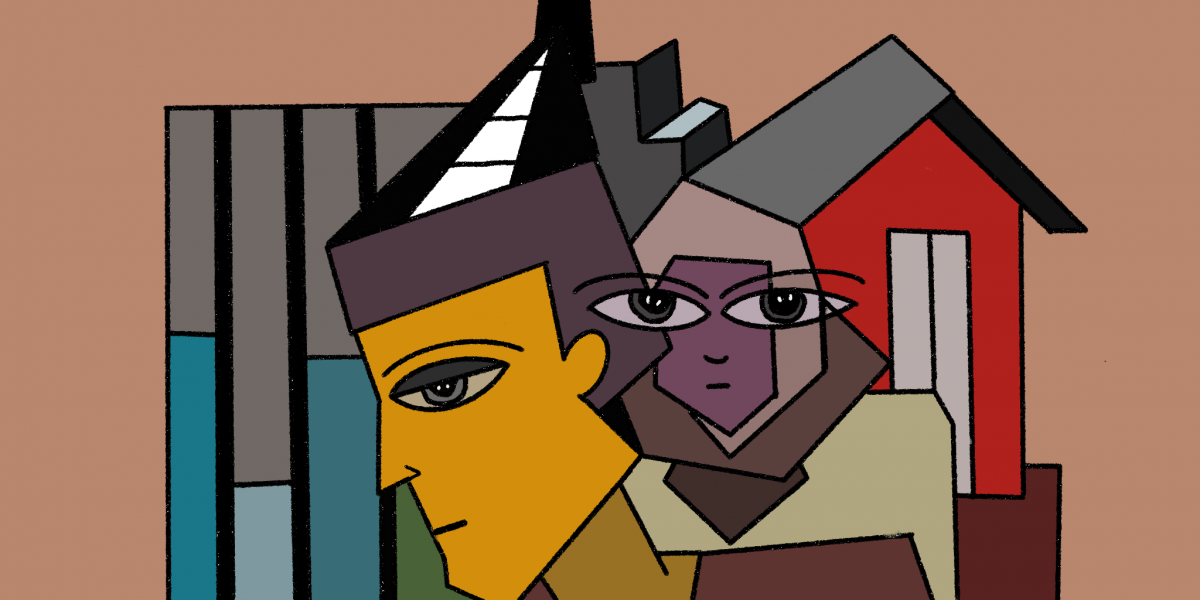
By Melani Cammett, Poulomi Chakrabarti and David Romney
Muslims are arguably the most persecuted group in contemporary India. Their loyalty to the nation has constantly been questioned since partition. While other marginalised groups have made notable gains after Independence, intergenerational mobility for Muslims has declined over time (Asher et al. 2024).
Further, the community has witnessed a surge in hate crime in recent years (Ramachandran 2020). One might argue that ‘big riots’ are a thing of the past, or incidents of lynching are relatively rare. But even in peaceful periods, everyday discrimination affects virtually all aspects of Muslim lives – from where they live, to whom they engage with, and how they carry out those interactions.
Should we expect the status of Muslims as a ‘persecuted minority’ to also shape their attitudes toward contributing to community welfare?
This question is especially relevant in urban settings where people live in close quarters and local state capacity is low. In such contexts, working together with neighbours from diverse backgrounds is often the only way to take care of local services like garbage collection or drain cleaning.
Context and research design
To shed light on this puzzle, we conducted a survey experiment in 16 bastis (or communities) in five slum settlements in Delhi, covering 3,843 individuals (Cammett, Chakrabarti and Romney 2024). About 13% of the city’s population is Muslim, roughly mirroring that of India. Fieldwork was carried out in 2018, a period that was relatively peaceful, before the widespread protests against the Citizenship Amendment Act (CAA) and the communal riots that shook Delhi in 2020. Yet, the absence of overt violence is not a guarantee against discrimination. Muslim segregation in Delhi is high – comparable to cities like Bengaluru, Hyderabad, and Ahmedabad – while Muslim representation in government agencies among the lowest. Delhi is hence a good case to explore the question.
This story was originally published in thewire.in. Read the full story here.

